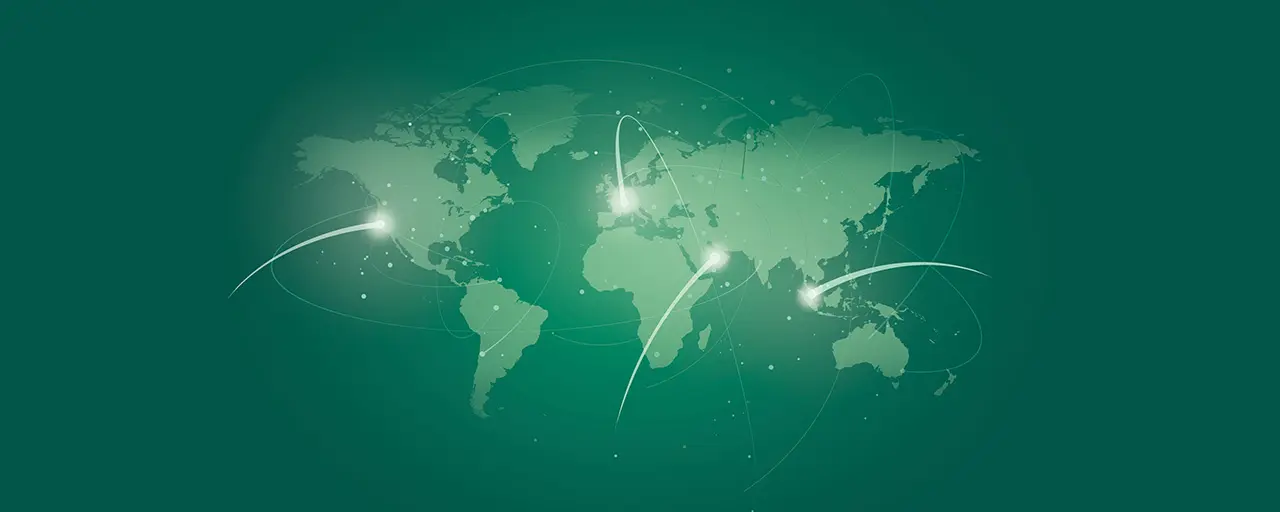
Exuding self-confidence is not equally rewarded for men and women in the workplace, according to a new research paper by Natalia Karelaia, INSEAD Associate Professor of Decision Sciences.
In the study, Karelaia analysed the judgments that colleagues made regarding the self-confidence and influence of 236 highly skilled computer engineers at a multinational software company. Examining the job performance, “prosocial orientation”, i.e. their level of concern for others’ welfare at work, self-confidence and organisational influence, Karelaia found major differences in how self-confidence translates into influence for men and women.
For men in the study, there were direct correlations between their performance evaluations, perceived self-confidence and organisational influence. For example, the more self-confident they were, the more influence they wielded. For women, however, despite achieving good job performance and having high self-confidence, they were only considered influential when they exhibited “nurturing” behaviour. Women who shun nurturing behaviour are denied perceived influence by their supervisors.
“Sadly, women in historically masculine professions are not yet judged by gender-neutral standards”, Karelaia said. “Often, their excellence is recognised only if they appease gender stereotypes.”
Karelaia’s paper builds on her earlier research that found women often tend to rate their abilities accurately, while men are overconfident about theirs. One argument emerging from this research is that women are simply less confident than men and that hurts their chances of promotion. Her latest paper shows, however, that even having confidence in their abilities is not enough. It seems therefore, that high-performing women cannot rely solely on self-confidence to propel them up the ranks.
A simplistic implication of the research is that men and women need to behave differently to progress in their careers: men needn’t worry about being prosocial but women should invest time in helping others to be perceived as influential. But Karelaia offers practical implications to relieve women of the one-sided obligation to perform emotional labour. “For companies that care about gender equality, if being a good organisational citizen and helping others is a requirement, it should be so for men and women equally.” Secondly, “organisations should be willing to question the assumptions of meritocracy. It is obvious that women are not accepted on their merits alone, so supervisors should take these findings into account when appraising the performance of their female staff.”
Her latest paper, “Appearing self-confident and getting credit for it: Why it may be easier for men than women to gain influence at work” has been accepted for publication at Human Resource Management, and was previously presented at the Academy of Management annual meeting.
